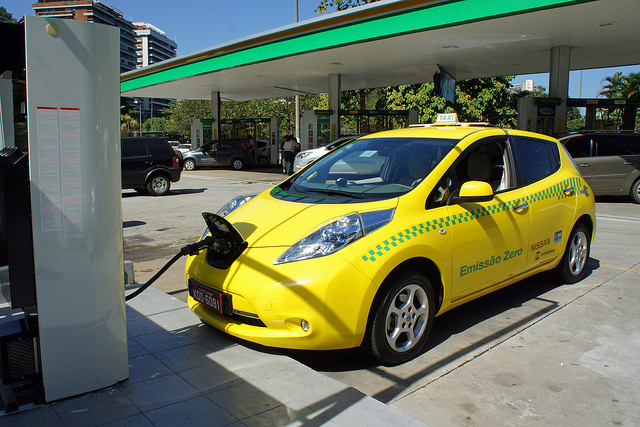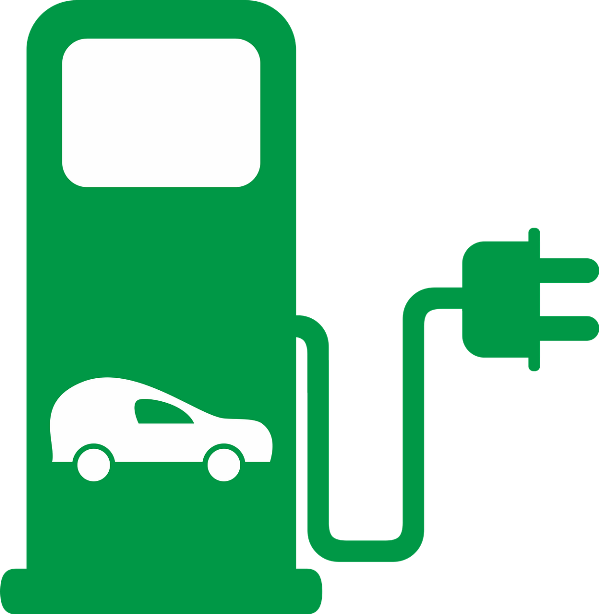Barriers to Mainstream Adoption of Electric Vehicles
Electric Vehicles are the talk of the town these days. They are cleaner, no doubt and offer a great cost-effective alternative to conventionally fossil fuel driven cars. However, much of the research in electric cars is misdirected. Rather than focussing on battery technology and making them more efficient, the thrust is on bigger batteries, more range neglecting not just the environmental impacts of lithium procurement but also making electric cars solely limited to sourcing one material-lithium currently.

- Size: Right from Hatchbacks to SUV’s, We Need Them All
While the conventionally fuelled vehicles come in all sizes right from small cars to huge trucks and buses, the electric vehicle has less variety. Sure, you can buy an electric car any day and in most countries but what if your family size is larger? Then you are stuck with lesser choices and barring a few players, electric vehicles are not the choice in the big league such as trucks or buses. If EV’s need to be adopted and have any realistic chance of mainstream adoption, then more variety should be offered to the customer right from two-wheelers to trucks.
- Charging Infrastructure: A Vehicle is No Use If You Cannot Charge It Everywhere
Sadly, electric vehicles are being pushed by major governments without the necessary infrastructure in place. This is a fundamental error as the infrastructure to ensure seamless charging needs to be in place before even thinking of pushing electric cars into the market. The government could, for example, ask each petrol pump to put in place electric charging infrastructure in place and then go for an overall electric vehicle adoption. Nobody wants to buy a car that cannot be charged easily at all places. This should lead to an overall policy change as to how electricity would be priced for charging and how the electricity would be sourced. There is no point screaming out the lungs declaring that electric vehicles are cleaner when the electricity used for charging them itself comes from coal powered power plants.
- Marketing: Simply Saying Its Clean won’t Result in Sales
The E vehicles have sadly been wrongly marketed as clean or green which cannot be their selling USP. A car buyer is not an eco-warrior and if he is out in the market looking for a vehicle; it must offer all necessities that are there in a conventional car. Simply branding a car as green or cleaner will not make sales boom. E vehicle companies need to highlight the long-term savings from e vehicles and offer something extra which conventional cars cannot if e vehicles are to become popular.
- The Car maybe Non-Polluting but the Battery Isn’t
It is a myth and relative ignorance about electric vehicles that they are fully clean. It’s like not taking a bath, spraying deodorant on your body and claiming you look clean. Unless and until all components and materials that form the cars are clean- then only this claim should be peddled.
The main issue is with how currently lithium is procured. A battery of a standard electric car requires lithium which is a crucial component. While a battery needn’t be driven solely by lithium, it is at present the most developed technology available. A Tesla Model S[1] for example, needs 12kg of lithium for its battery. The current process to extract lithium is quite primitive and needs a lot of water. In our hunger for lithium which forms a crucial component of batteries (not just electric cars but also smartphones and pretty much any gadget that is out there), we are ignoring the underlying environmental cost. There have been cases of massive environmental pollution due to lithium mining in Tibet and South America (a most crucial hotbed for lithium supplies). Similarly, even cobalt and nickel that are used as substitutes for lithium are potentially more harmful and dangerous.
So what should we do? Proponents of clean cars argue that no matter how lithium may be procured, an electric car is much better than a fossil fuel driven one. There is no doubt about this. But electric cars have come into being because of the heavy pollution caused by diesel and petrol driven conventional cars. By neglecting the environmental impacts of materials sourced to make such batteries for electric cars, we aren’t solving anything- merely postponing it. A better solution would be to drive research and find ways to either make batteries from environmentally friendly materials or to find a cost-effective manner to recycle such batteries.
This is perhaps why conventional cars became a failure- as they were limited to either petrol or diesel. If electric cars are to become the future, the electricity needed to drive them should also come from cleaner sources. There should be more R&D efforts aimed at developing battery technology, recycling battery otherwise they will end up as a monumental failure. In this article, we discuss some of the current barriers that are preventing electric vehicles from becoming mainstream.
[1] https://www.wired.co.uk/article/lithium-batteries-environment-impact
Related Posts
-
 Lomi: The single button composting machine that can recycle waste in just four hours
2 Comments | Sep 17, 2021
Lomi: The single button composting machine that can recycle waste in just four hours
2 Comments | Sep 17, 2021 -
 Nissan LEAF is the best-selling electric vehicle in Europe
No Comments | Jul 28, 2018
Nissan LEAF is the best-selling electric vehicle in Europe
No Comments | Jul 28, 2018 -
 Here’s why you should give health bands a try
No Comments | Apr 13, 2020
Here’s why you should give health bands a try
No Comments | Apr 13, 2020 -
 Lesser-Known Indian Electric Vehicle Start-up Companies
No Comments | Nov 1, 2019
Lesser-Known Indian Electric Vehicle Start-up Companies
No Comments | Nov 1, 2019
About The Author
heythisispuskar
Editor in chief @GreenCleanGuide.com

